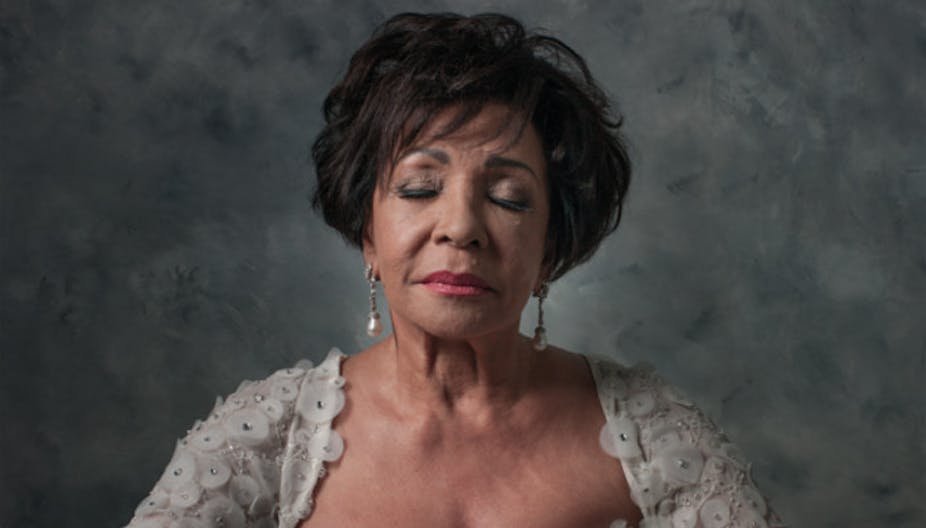Negative to the extreme, the RNIB’s new See the need campaign couldn’t be more offensive to people who have visual impairments if it tried. Viewers of one of the advertisements are presented with a head-and-shoulders shot of a middle-aged woman as a voiceover explains: “This is the moment your doctor says you’re losing your sight. You’ll fear for your job, your home, your life.”
As someone who’s been registered as blind for more than three decades and has written extensively on the subject, I find it simplistic and damaging to so reduce the experience to deficit.
My great concern is that this kind of negative portrayal contributes to the very desperation on which the new but nonetheless outdated See the Need campaign depends.
In a second advertisement, singer Shirley Bassey is asked if she can imagine what it would be like to lose her sight, to which she replies: “It would just be devastating. It would be like telling me I’m going to die!” In a third advertisement, actor Barbara Windsor says: “I’d hate not to see. I couldn’t bear that.”
The gloomy words of these two national treasures serve only to confirm the idea that sight is the supreme sense – from which it follows that other means of perception are meagre. How is this terrible logic meant to support people newly diagnosed with a visual impairment?
Wrong-headed
The big irony is that the campaign focuses on sight rather than the recognition of people who perceive by other means. The very name of the campaign, #seetheneed, employs the verb see in a rather trite regurgitation of the age-old metaphor for knowledge.
In a similarly clichéd vein, portraits of actor Neil Morrissey, Shirley Bassey and Barbara Windsor have been shot by photographer Alistair Morrison. I use the word cliché advisedly here. To my absolute dismay, in the portraits these well-known celebrities all close their eyes, supposedly to: “raise awareness of the challenges facing people who lose their sight.”
But can anyone really believe that to close one’s eyes is to empathise with people who have visual impairments? If so, my own understanding of empathy is at fault here.
An important cause, poorly communicated
It’s important to acknowledge that there’s a very good reason for the See the Need campaign. Currently, only one in three eye departments in the UK has a sight loss adviser, according to the RNIB. The aim of the campaign, is that all of these deficient hospitals gain access to a “specially trained member of staff who can provide practical and emotional support to patients who have just found out they’re losing their sight”. It goes without saying, almost, that I fully approve of this aim and am appreciative of much of the support provided by the RNIB more generally.
The problem is that this regressive campaign is purely negative and so insulting to people who experience the world via other than visual means. I understand that the early stages of sight loss are often difficult and so must be represented as such, but this is only one part of a highly complex experience. The RNIB’s new campaign focuses on fear at the expense of reality. Where’s the balance? Perhaps the time has come for a campaign against so-called charitable campaigns that are based on negative representations.
The See the Need campaign must be updated or else abandoned completely before it contributes to the broader issues the RNIB endeavours to address. Rather than only seeing the need we should also get to know the great achievements and potential of people who have visual impairments.

